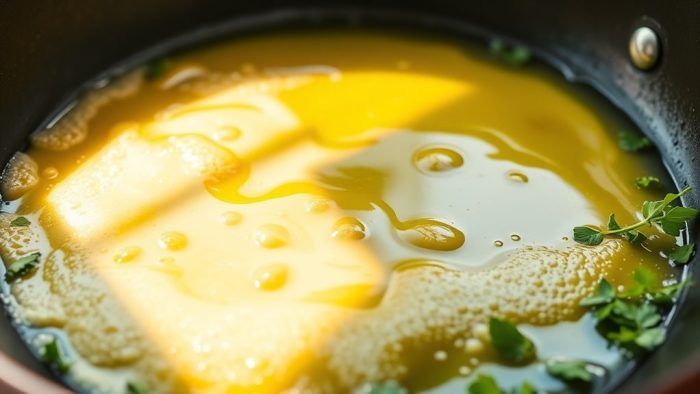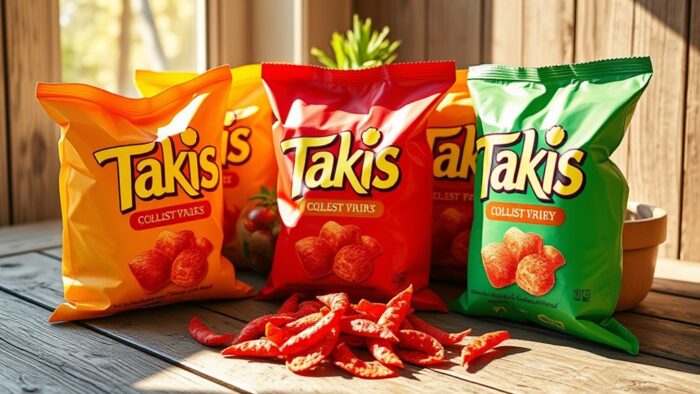Is Coke Vegan?
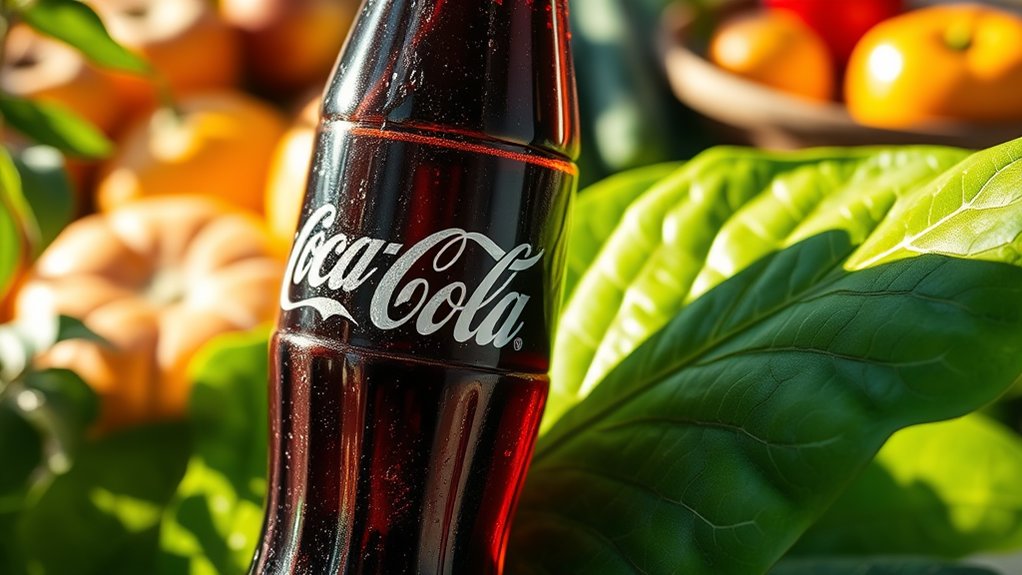
Are you curious about whether your favorite soda is vegan? It’s a valid question, especially as more people are looking to align their beverage choices with their dietary values. Understanding what’s in your drink can help you make informed decisions. Coca-Cola Classic is a popular choice for many, but there are some nuances worth considering before you take that next sip. From potential sugar processing methods to the mystery behind “natural flavors,” it’s essential to dive a bit deeper. Let’s analyze what makes Coca-Cola’s ingredients interesting and what you might need to look out for!
Is Coke Vegan?
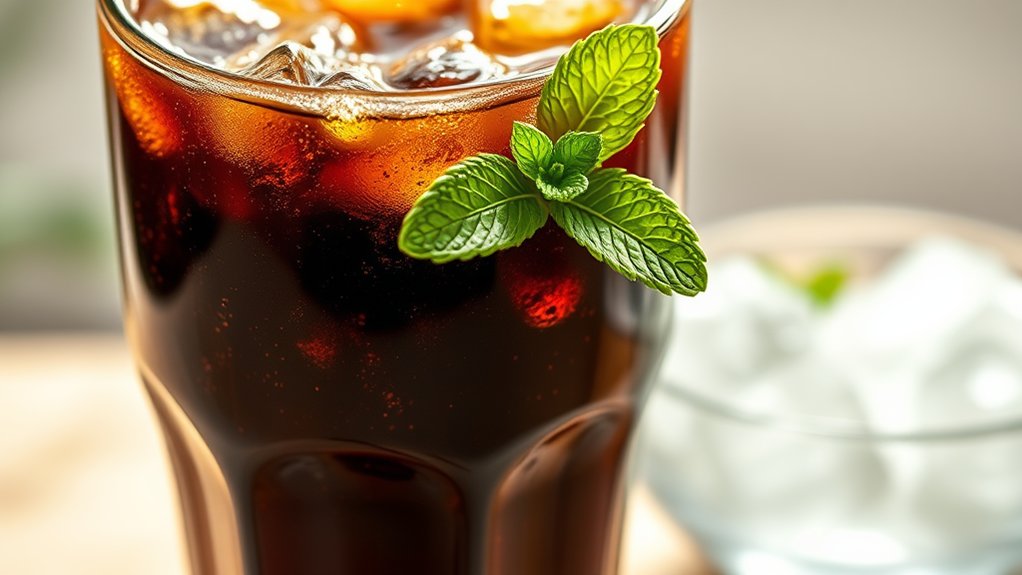
Coca-Cola Classic is generally considered vegan-friendly, as it doesn’t contain any animal-derived ingredients like milk, honey, or gelatin. Its main components—carbonated water, sugar, caramel color, phosphoric acid, caffeine, and natural flavors—are all vegan.
However, it’s important to note that when checking out other Coca-Cola products, such as Lilt or certain Schweppes beverages, you may encounter ingredients like fish gelatin, which aren’t suitable for a vegan diet.
Some vegans may have concerns about the sugar used in Coca-Cola due to the possibility of it being processed with bone char. While this processing method is a point of debate, the drink itself doesn’t contain any animal products.
Therefore, if you’re looking for a reliable and refreshing beverage that aligns with a vegan lifestyle, Coca-Cola Classic is a solid choice.
Understanding Sugar Processing and Its Vegan Status
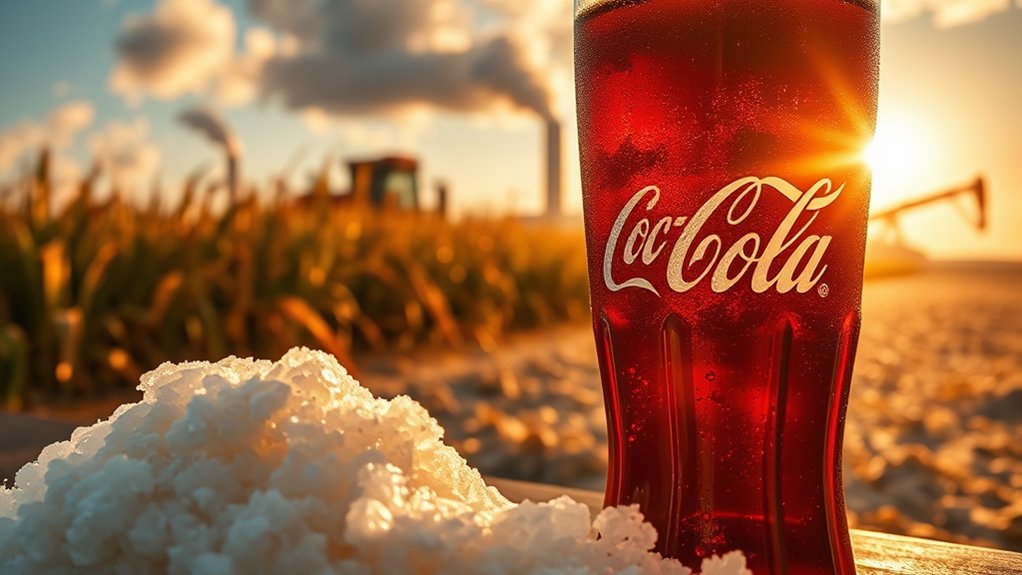
When evaluating the vegan status of Coca-Cola, it’s crucial to understand the intricacies of sugar processing. A significant concern for many vegans is that some sugar producers use bone char in the refining process. Bone char, which comes from animal bones, renders conventional refined sugar unsuitable for those following a strict vegan diet.
This concern extends to brown sugar as well, which can also be processed using bone char. To avoid this issue, it’s often recommended to choose organic or raw sugars, as these options typically don’t involve animal products in their processing.
Additionally, the term “natural flavors” on ingredient labels can be ambiguous, as it may sometimes include ingredients derived from animals. Therefore, if you’re unsure, it’s wise to reach out to manufacturers for clarification on the sources of these flavors.
The Role of Artificial Colors in Coca-Cola
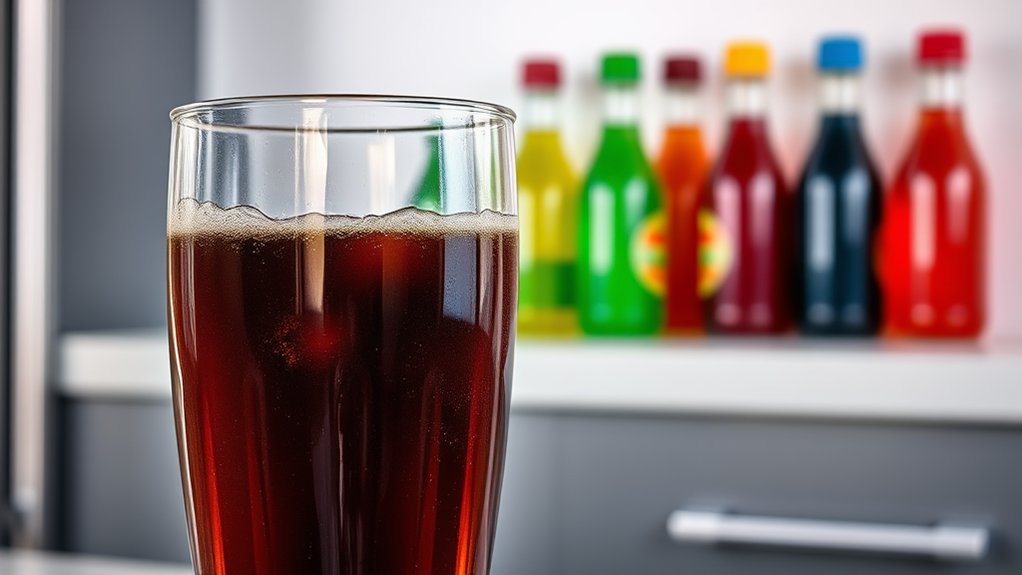
Coca-Cola is widely enjoyed for its distinctive flavor, but many consumers, especially those following a vegan lifestyle, often have questions about the role of artificial colors in its formulation.
One key ingredient in Coca-Cola is caramel color (E150d), which is produced by heating sugar. This ingredient is generally considered vegan-friendly because it’s derived from plant sources and doesn’t contain animal-derived components.
Caramel color is integral to Coca-Cola’s signature deep brown hue, increasing the drink’s visual appeal. However, some vegans may choose to avoid it due to health concerns related to a byproduct known as 4-MEI, which can form during its production.
It’s important to note that while caramel color is typically plant-based, the presence of 4-MEI has led to some debate about its safety.
For those concerned about artificial additives, it’s essential to review the specific formulations of Coca-Cola products, as recipes can vary by region and product line.
Ingredient transparency is crucial, and checking labels can help you make informed choices that align with your dietary preferences.
In summary, while Coca-Cola’s caramel color is generally considered vegan-friendly, individual choices may vary based on health considerations.
Being aware of what’s in your beverages and understanding the implications for your vegan diet can empower you to make informed decisions.
Company Statements on Vegan Practices
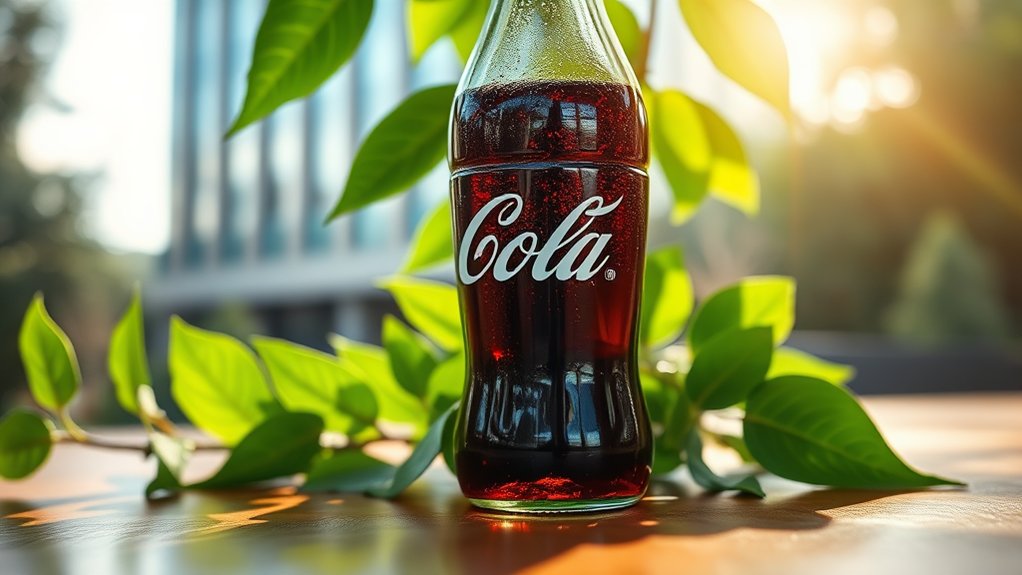
Coca-Cola has made notable progress in adopting vegan-friendly practices, particularly in terms of ingredient transparency and ethical commitments. Understanding veganism is essential for consumers who want to make informed choices about the products they consume.
The Coca-Cola Company has confirmed that its classic beverage is indeed vegan-friendly, as it doesn’t contain any animal-derived ingredients. This is an important aspect for those following a vegan lifestyle.
Moreover, since 2007, the company has committed to ethical practices by discontinuing all animal testing, further reinforcing its dedication to humane treatment.
Transparency is another key pillar of Coca-Cola’s approach. The company encourages consumers to check ingredient lists for any non-vegan components, promoting informed decision-making.
While many of Coca-Cola’s beverages are suitable for vegans, it’s important to note that some products, such as Lilt and certain varieties of Schweppes, do contain fish gelatin, which isn’t vegan-friendly.
Evaluating Coca-Cola Variations: Which Are Vegan?
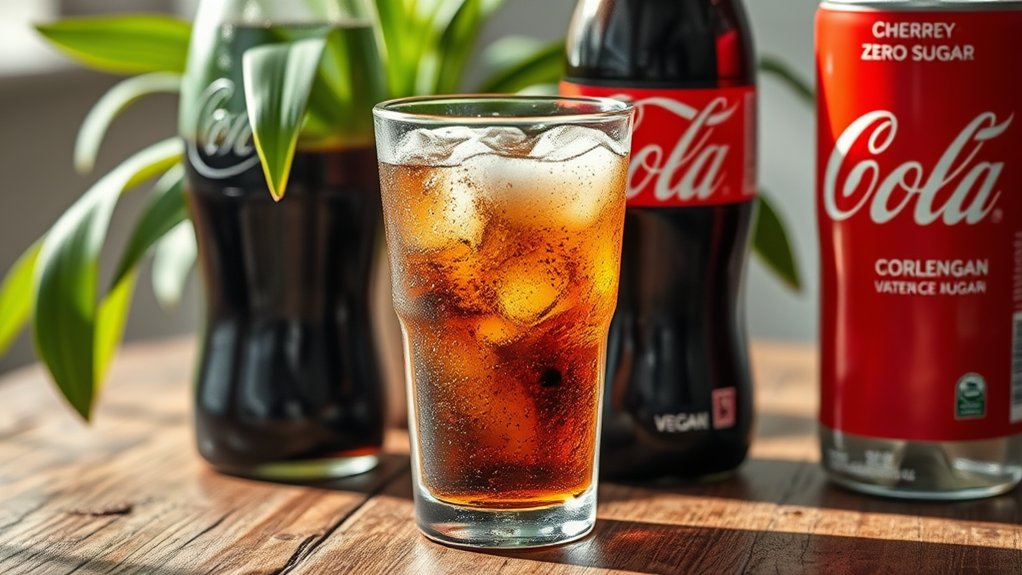
If you’re following a vegan diet and wondering which Coca-Cola variations are suitable for you, you’re in luck. Many popular options, including Coca-Cola Classic, Diet Coke, Coke Zero, Sprite, and Fanta, don’t contain any animal-derived ingredients and are thus considered vegan-friendly.
However, it’s important to exercise caution with certain products. For example, Lilt and some Schweppes varieties may include non-vegan ingredients such as fish gelatin.
The primary components of Coca-Cola, such as carbonated water, sugar, and natural flavors, are generally vegan, but it’s always wise to read the ingredient labels.
Additionally, be mindful of drinks like Glaceau Vitamin Water and Powerade. These may contain lanolin-derived vitamin D or gelatin, which aren’t vegan.
Because formulations can differ by region, you should always verify the ingredients to make certain they align with your vegan lifestyle.
Potential Cross-Contamination Concerns
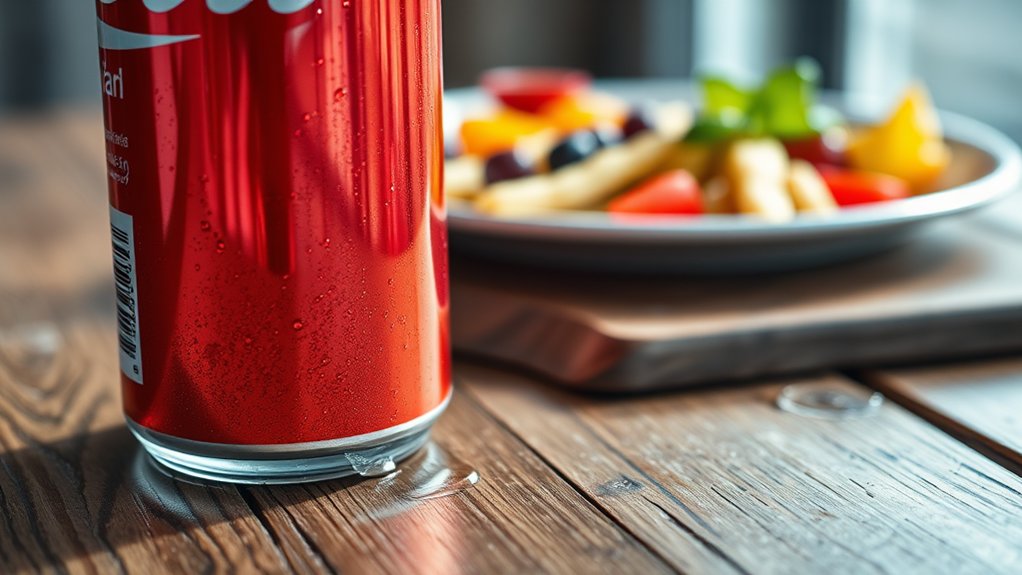
When thinking about whether Coke is vegan, it’s important to keep in mind the possibility of cross-contamination during production.
While many Coca-Cola products are considered vegan-friendly, the manufacturing process may use shared equipment that also handles non-vegan ingredients.
To assure your choices match your dietary preferences, it’s a good idea to check ingredient labels and stay updated on sourcing practices.
Speaking of dietary choices, let’s analyze how to navigate food labels more effectively.
Ingredient Sourcing Transparency
Coca-Cola’s ingredient sourcing transparency is an important topic for those who follow a vegan lifestyle. While many of Coca-Cola’s main ingredients are considered vegan-friendly, it’s essential to understand the nuances surrounding ingredient sourcing, particularly when it comes to sugar and other components.
One area of concern is sugar processing, which in some regions may involve the use of bone char. This practice can raise questions for those committed to vegan principles. Additionally, ingredient labels can differ based on location, and certain variants of Coca-Cola may include non-vegan ingredients like gelatin. For instance, products such as Lilt contain fish gelatin, making it crucial for consumers to read labels carefully.
Another point to consider is the term “natural flavors.” This vague descriptor can sometimes mask the presence of animal-derived ingredients. Therefore, if you’re uncertain about what’s in your favorite Coca-Cola product, it’s a good idea to seek clarification from the company.
Coca-Cola has made strides in committing to transparency regarding ingredient sourcing. However, it remains essential for consumers to verify the specific ingredients in the products they choose to avoid any unexpected animal-derived additives.
Manufacturing Process Risks
Manufacturing processes in the beverage industry, including those of Coca-Cola, can present cross-contamination risks, especially in facilities that also produce non-vegan products.
While Coca-Cola is widely regarded as vegan-friendly, it’s important to note that shared equipment may lead to trace amounts of animal-derived ingredients inadvertently being present, even if they aren’t explicitly listed on the packaging.
For instance, some products under the Coca-Cola umbrella, such as Lilt and certain Schweppes variants, may contain non-vegan ingredients like fish gelatin. This highlights the importance of ingredient transparency when making informed choices about dietary preferences.
Always be sure to check the packaging for allergen warnings that indicate potential cross-contact with non-vegan substances.
Another consideration for strict vegans is the sugar used in Coca-Cola products, which may be refined using bone char. This practice can raise additional concerns for those who adhere to a vegan lifestyle.
Therefore, it’s essential to stay informed about ingredient sourcing and manufacturing practices.
Final Thoughts on Coca-Cola and Veganism
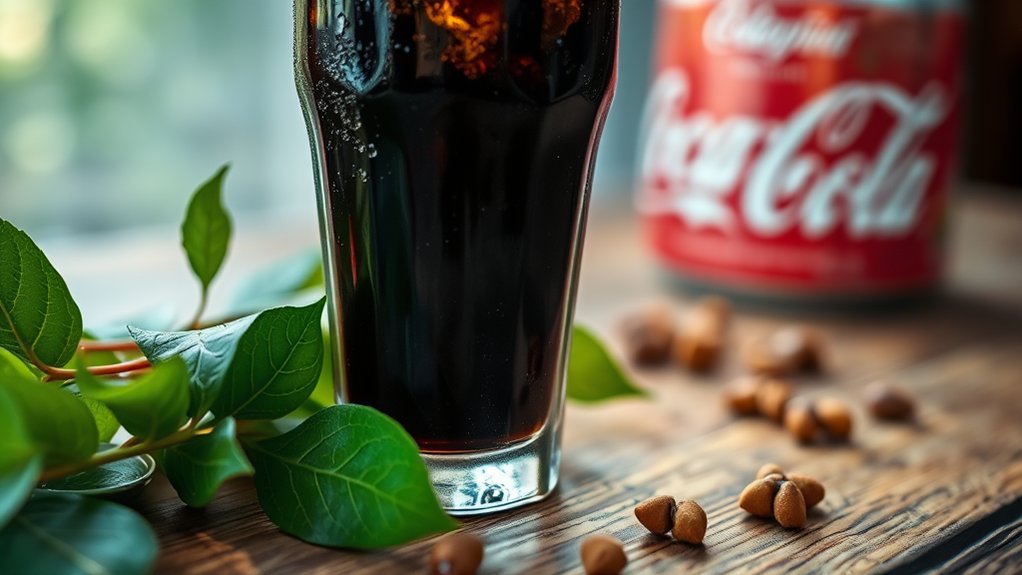
When considering Coca-Cola and its compatibility with a vegan lifestyle, it’s essential to understand the ingredients and practices associated with its products. Coca-Cola Classic is widely regarded as vegan-friendly, primarily composed of carbonated water, sugar, and caffeine.
However, there are a few important factors to keep in mind:
- Product Variations: While Coca-Cola Classic is generally vegan, some other Coca-Cola products, like Lilt, do contain non-vegan ingredients, such as fish gelatin. It’s crucial to check the labels of specific beverages to avoid any unexpected animal-derived components.
- Sugar Refinement: The sugar used in Coca-Cola products may sometimes be refined with bone char. This process raises concerns for strict vegans who wish to avoid any products associated with animal exploitation. If this is a significant concern for you, consider researching the sugar sourcing of specific products.
- Ethical Practices: Coca-Cola has committed to ethical practices, including ceasing animal testing since 2007. This aligns with many vegan principles and suggests a move towards more humane standards in the beverage industry.
- Label Transparency: Always read product labels for clarity on ingredients. Regional variations may influence the vegan status of certain Coca-Cola products, so staying informed is key.

